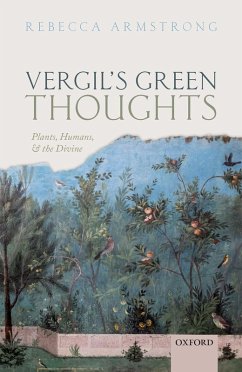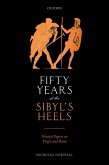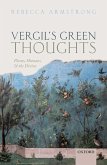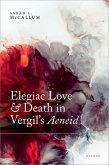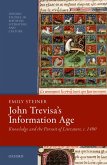The Eclogues, Georgics, and Aeneid abound with plants, yet much Vergilian criticism underestimates their significance beyond attractive background detail or the occasional symbolic set-piece. This volume joins the growing field of nature-centred studies of literature, looking head-on at Vergil's plants and trees to reveal how fundamental they are to an understanding of the poet's outlook on religion, culture, and mankind's place within the world. Divided into two parts, the first explores the religious and more diffusely numinous aspects of Vergil's plants, from awe-inspiring sacred groves to divinely promoted fields of corn, and shows how both cultivated and uncultivated plants fit within and help to shape the complex landscape of Vergilian (and, more broadly, Roman) religious thought. In the second half of the book, the focus shifts towards human interactions with plants from the perspectives of both cultivation and relaxation, exploring the love-hate relationship with vegetation which sometimes supports and sometimes contests the human self-image as the world's dominant species. Combining a series of close readings of a wide range of passages with the identification of broader patterns of association, Vergil's Green Thoughts appositely reveals and celebrates the complexity and variety of Vergilian flora.
Dieser Download kann aus rechtlichen Gründen nur mit Rechnungsadresse in A, B, BG, CY, CZ, D, DK, EW, E, FIN, F, GR, HR, H, IRL, I, LT, L, LR, M, NL, PL, P, R, S, SLO, SK ausgeliefert werden.

